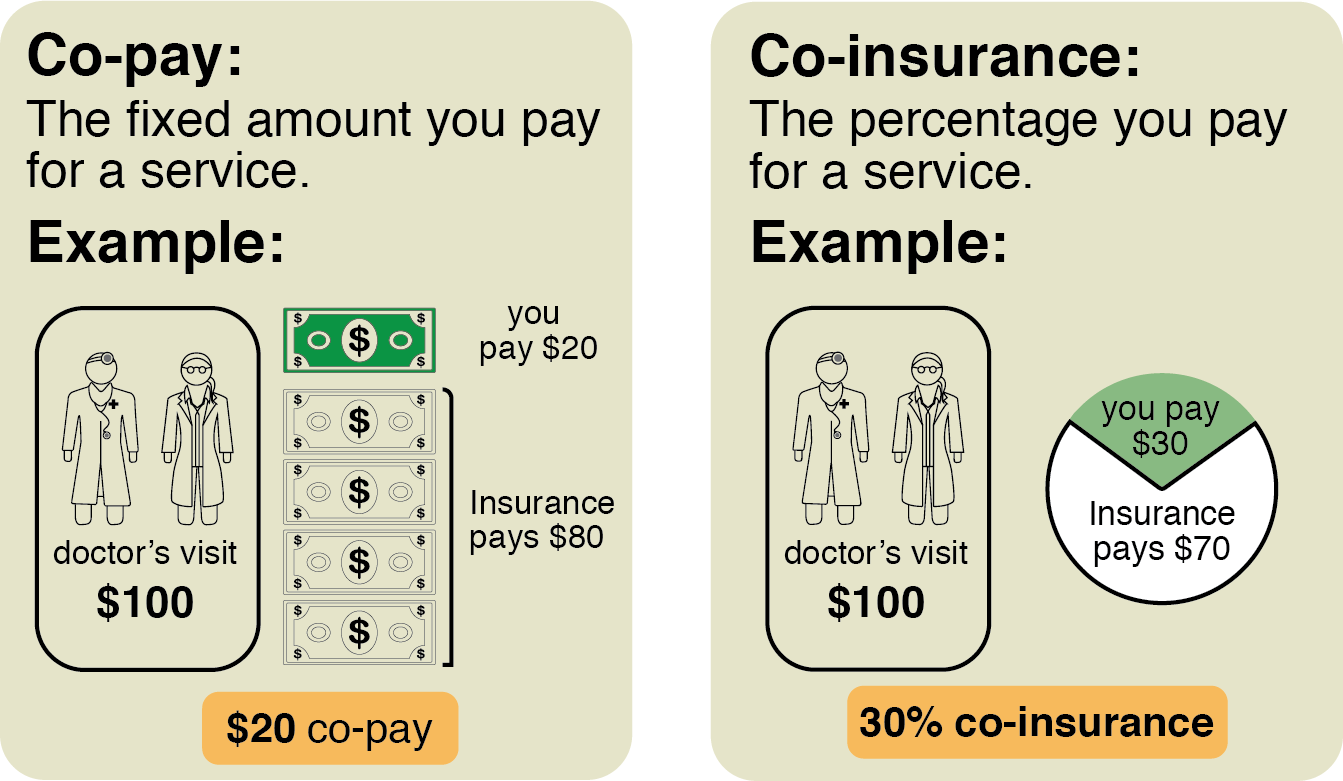Table of ContentsSome Ideas on How Is Life Insurance Taxed You Should KnowThe Of Which Life Insurance Is BestNot known Facts About Where To Buy Life InsuranceThe Of What Is Whole Life Insurance PolicyAll About How To Find Out If A Deceased Person Had Life Insurance
Life insurance coverage can pay funeral and burial expenses, probate and other estate administration costs, financial obligations and medical expenditures not covered by medical insurance. Even those without any other possessions to pass on, can produce an inheritance by buying a life insurance policy and naming their successors as recipients. Life insurance coverage benefits can pay for estate taxes so that heirs will not have to liquidate other properties or take a smaller inheritance.
By making a charity the recipient of their life insurance coverage policies, people can make a much larger contribution than if they donated the cash equivalent of the policy's premiums. Some kinds of life insurance develop a cash value that, if not paid out as a death benefit, can be obtained or withdrawn on the owner's demand.
Furthermore, the interest credited is tax deferred (and tax exempt if the cash is paid as a death claim). There are two major types of life insuranceterm and entire life. Term insurance is the most basic form of life insurance. It pays just if death occurs throughout the regard to the policy, which is normally from one to thirty years.
There are two standard types of term life insurance policieslevel term and reducing term. Level term indicates that the survivor benefit stays the very same throughout the duration of the policy. Reducing term implies that the death benefit drops, usually in 1 year increments, over the course of the policy's term. Entire life or irreversible insurance coverage pays a survivor benefit whenever the insurance policy holder dies.
More About How Whole Life Insurance Works
In the case of conventional entire life, both the survivor benefit and timeshare remote jobs the premium are designed to remain the same (level) throughout the life of the policy. The cost per $1,000 of benefit boosts as the guaranteed person ages, and it clearly gets very high when the insured lives to 80 and beyond.

By law, when these "overpayments" reach a certain amount, they must be available to the policyholder as a money value if she or he chooses not to continue with the initial plan. The money value is an alternative, not an extra, benefit under the policy. Universal life, likewise called adjustable life, allows more flexibility than standard whole life policies.
After money has actually collected in the account, the insurance policy holder will also have the alternative of changing premium paymentsproviding there suffices cash in the account to cover the expenses. Variable life policies combine death defense with a cost savings account that can be purchased stocks, bonds and money market mutual funds.
If financial investments do not perform well, the cash worth and survivor benefit might reduce. Some policies, however, assurance that the survivor benefit will not fall below a minimum level (how to buy life insurance). Another variant, universal variable life, combines the features of variable and universal life policies. It has the financial investment risks and benefits attribute of variable life insurance, paired with the ability to change premiums and death benefits that is characteristic of universal life insurance coverage.
Excitement About How Can Health Insurance Status Be Affected By Women's Different Stages Of Life?
Many or all of the products featured here are from our partners who compensate us. This might influence which products we compose about and where and how the product appears on a page. Nevertheless, this does not affect our assessments. Our opinions are our own. Life insurance coverage is a contract between you and an insurer.
In exchange, the company pays a death benefit to your recipients when you die. There are generally two types of life insurance coverage: term life and long-term life. Term life covers you for a repaired quantity of time while permanent life insurance coverage covers you until completion of your life. Usually, term life insurance is less expensive to purchase than permanent life.

Term life policies have no worth if you outlive the agreement. Initially designed to help cover burial costs and care for widows and orphans, life insurance coverage is now a versatile and effective monetary item. Over half of Americans have some sort of life insurance coverage, according to insurance coverage research company LIMRA.
We'll be taking a look at individual policies, not the group life insurance coverage frequently provided through work. Life insurance coverage policies can vary commonly. There's life insurance coverage for households, high-risk buyers, couples and many other particular groups. Even with all those distinctions, the majority of policies have some typical characteristics. are the payments you make to the insurer.
The Buzz on How Much Life Insurance Do I Need
With a long-term policy, you'll also have the ability to pay money into a cash-value account. are the individuals who receive cash when the covered individual passes away. Picking life insurance beneficiaries is an important step in preparing the effect of your life insurance. Beneficiaries are often spouses, children or parents, but you can choose anyone you like.
You pick a money value when you buy a policy, and the amount is often however not constantly a fixed worth. Long-term life insurance can also pay additional money if the money account has actually grown and if you choose specific options for your policy. are options you can include to a life insurance policy.
By spending for a rider, you can add those and other functions to your policy. Like all insurance, life insurance coverage was designed to solve a monetary issue. Life insurance is very important because when you die, your earnings vanishes. If you have a spouse, kids or anybody based on you economically, they're going to be left without assistance.
That can suggest your spouse, kid or family members will need to spend for burial and other end-of-life expenditures. As you think about the quantity of life insurance coverage you need, consider your recipients and what they'll require. If no one depends on your earnings and your funeral expenditures won't damage anyone's finances, life insurance coverage might be a thing you can skip.
How Much Life Insurance Should You Have - An Overview
The quantity of life insurance coverage you require depends on what you're trying to do. If you're simply covering end-of-life costs, you won't need as much as if you're attempting to replace lost earnings. The calculator listed below can assist you estimate the overall coverage you may need. If you're interested in an irreversible policy (more on these below), you need to also connect with a fee-only monetary advisor.
Term life insurance is coverage that lasts for an amount of time picked at purchase. This kind of life insurance coverage typically covers 10-, 20- and even 30-year periods (what is whole life insurance). If you die Continue reading throughout the covered period, the policy will pay your beneficiaries the amount mentioned in the policy. If you do not die throughout that time frame, no one makes money.
It's likewise a short-lived solution. It exists for the very same factor short-lived tattoos and hair dyes http://beckettzkdv073.raidersfanteamshop.com/9-simple-techniques-for-what-is-group-life-insurance do in some cases a little while is long enough. Reasons you may desire term life insurance coverage include: You want to make certain your kid can go to college, even if you pass away. You have a home loan that you do not wish to saddle your spouse with after your death.
There are some variations on normal term life insurance coverage policies. Convertible policies permit you to transform them to permanent life policies at a higher rate, enabling for longer, more versatile coverage. Reducing term life policies have a death benefit that decreases with time, often associated mortgages or large financial obligations that are gradually paid off.